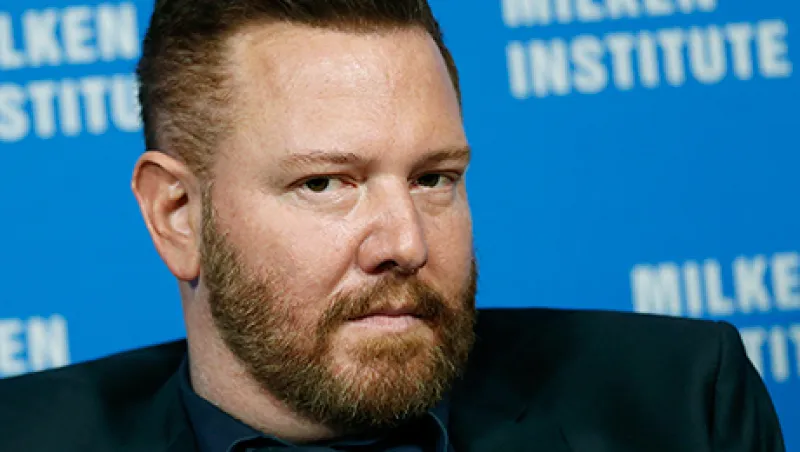
Ryan Kavanaugh’s Relativity Goes On the Block
The controversial founder and CEO of Relativity Media is still fighting for his fortune and the future of his now-bankrupt company.
Imogen Rose-Smith
September 3, 2015


